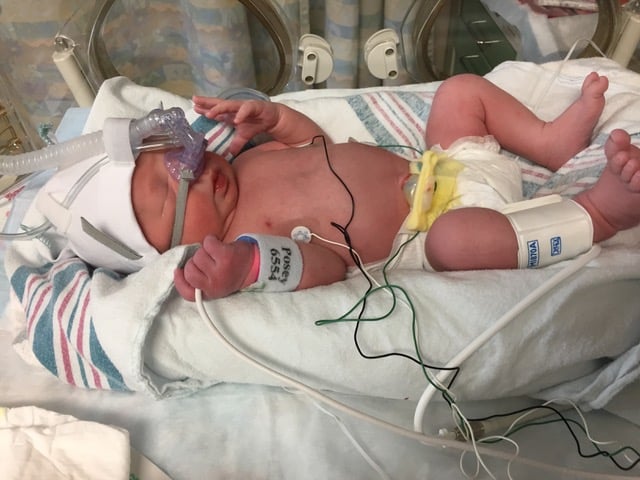American Heart Association© NRP Certification Classes in Rocklin

American Academy of Pediatrics© NRP
Course Name: NRP (Neonatal Resuscitation Program)
Online Course Length: 3 hours (At your home.)
Skills Testing: 3 hours (At one of our sites: San Francisco, Concord, or Milpitas.)
Price: $280 (This includes the online NRP class, skills testing, and NRP card.)
Certification: American Academy of Pediatrics© NRP certification card.
When: NRP Courses are offered about 16 times per month
Where: Courses are offered in San Francisco, Concord, and Milpitas
Card Issuance: You will receive the card on day of class.
Upcoming NRP Classes in the Bay Area
Neonatal Resuscitation Program (NRP) Classes in Rocklin: Enhancing Neonatal Emergency Preparedness
Neonatal emergencies require specialized care and immediate intervention. In Rocklin, California, healthcare providers can receive training through the Neonatal Resuscitation Program (NRP) to effectively manage neonatal emergencies. This article explores the significance of NRP training, the offerings of the program in Rocklin, and the impact these classes have on neonatal emergency preparedness in the community.
The Critical Importance of NRP Training
Neonatal emergencies, such as birth asphyxia, respiratory distress, and meconium aspiration, demand prompt and effective resuscitation efforts to improve outcomes for newborns. NRP training provides healthcare providers with the knowledge and skills necessary to assess and manage these emergencies, including airway management, chest compressions, and medication administration specific to neonates.
The American Heart Association’s Commitment to Neonatal Care
The Neonatal Resuscitation Program is developed by the American Heart Association (AHA) and the American Academy of Pediatrics (AAP) to ensure that healthcare providers are equipped with the most up-to-date guidelines and best practices in neonatal resuscitation. In Rocklin, the AHA and AAP collaborate to offer NRP classes that adhere to these standards, providing healthcare providers with the tools they need to respond effectively to neonatal emergencies.
Comprehensive Offerings of NRP Classes in Rocklin
The NRP classes offered in Rocklin cater to a diverse audience of healthcare providers, including obstetricians, neonatologists, nurses, midwives, and respiratory therapists. The curriculum covers a range of topics, including initial steps in neonatal resuscitation, advanced airway management, and special resuscitation situations. Participants engage in hands-on simulations and interactive discussions to enhance their skills and confidence in managing neonatal emergencies.
Impact of NRP Classes on Neonatal Emergency Preparedness
The impact of NRP training extends beyond individual skill development to encompass broader improvements in neonatal emergency preparedness across the community. By equipping healthcare providers with the expertise to respond confidently and competently to neonatal emergencies, NRP classes contribute to better patient outcomes, reduced morbidity and mortality, and improved overall neonatal healthcare quality.
Conclusion
In Rocklin, California, Neonatal Resuscitation Program (NRP) classes play a crucial role in advancing neonatal emergency care and improving patient outcomes. By providing healthcare providers with the knowledge and skills necessary to manage neonatal emergencies, these classes enhance the quality and effectiveness of care delivery for newborns. Through collaboration, education, and commitment to excellence, the AHA and AAP and their partners in Rocklin strive to ensure that healthcare providers are well-prepared to address neonatal emergencies, ultimately saving lives and promoting neonatal health and well-being.
FAQs
Who should attend NRP certification classes in Rocklin?
NRP certification classes are primarily designed for healthcare professionals involved in the care of newborn infants, including neonatologists, pediatricians, obstetricians, nurses, midwives, and respiratory therapists.
How long does an NRP certification course typically last?
NRP certification courses usually span over one to two days, depending on the training provider. The course includes a combination of didactic instruction, skills practice, and simulated scenarios to ensure comprehensive learning and skill mastery.
Is there a renewal requirement for NRP certification?
Yes, NRP certification is typically valid for two years, after which healthcare professionals are required to undergo NRP renewal courses to maintain their certification. Renewal courses often include updates on guidelines and hands-on skills practice.
